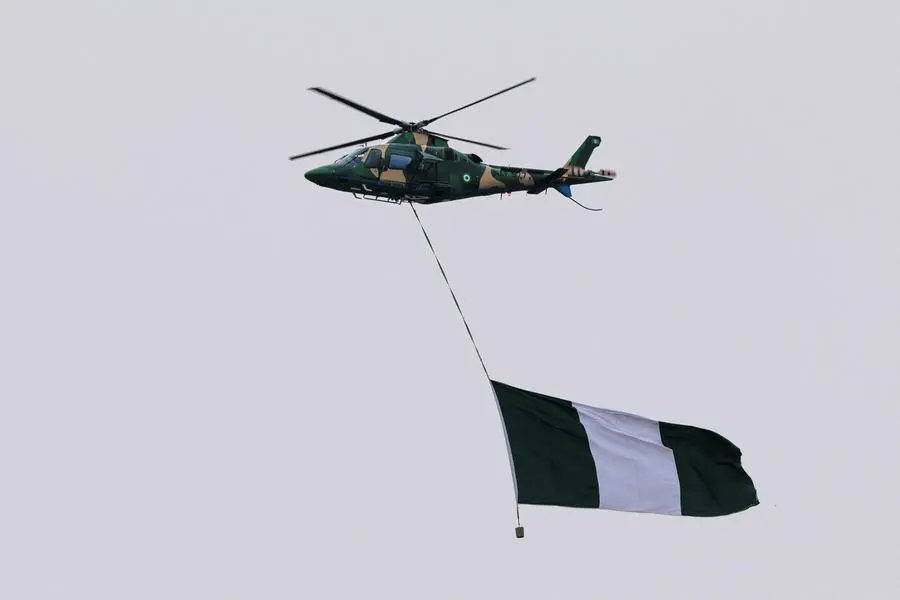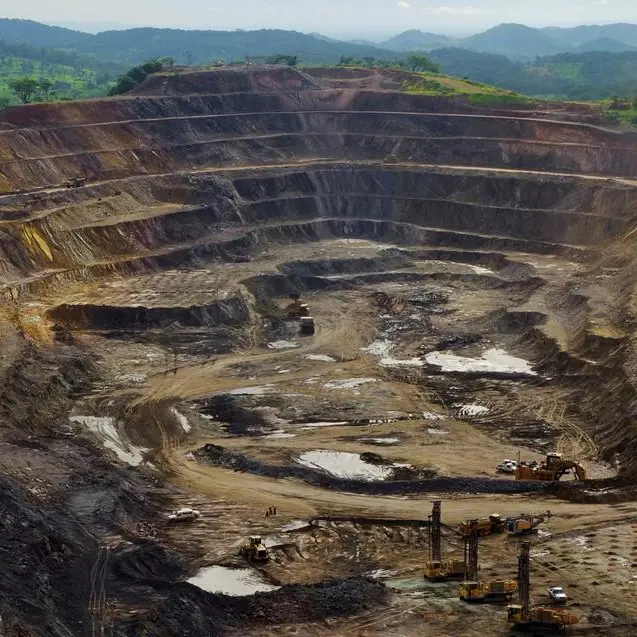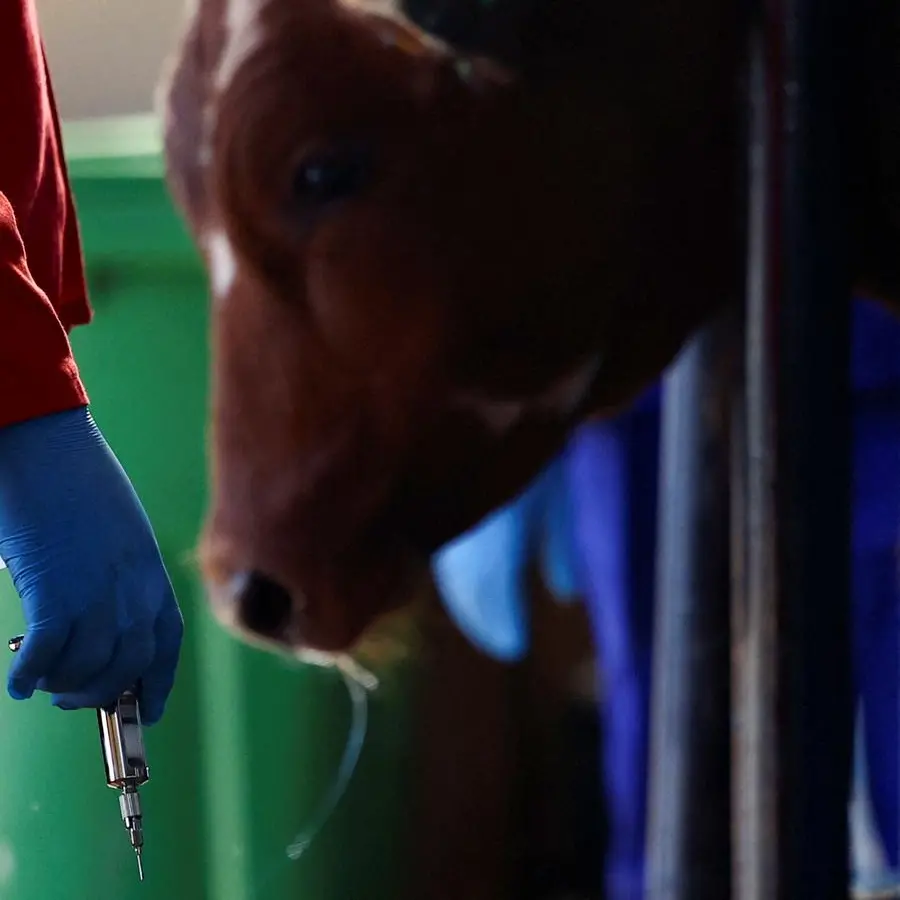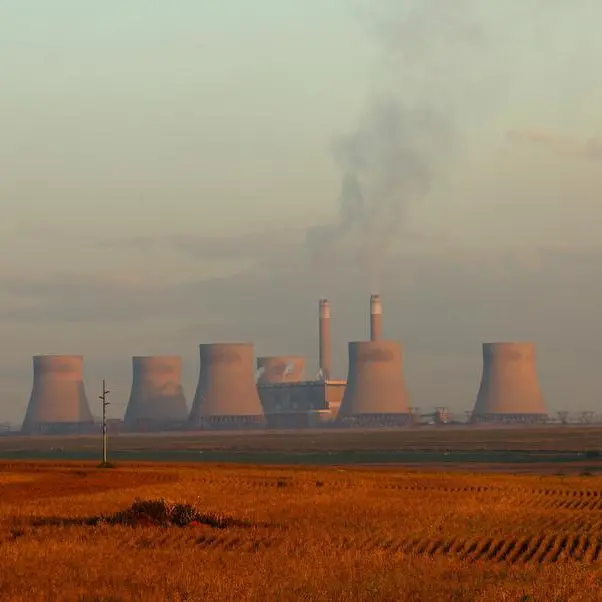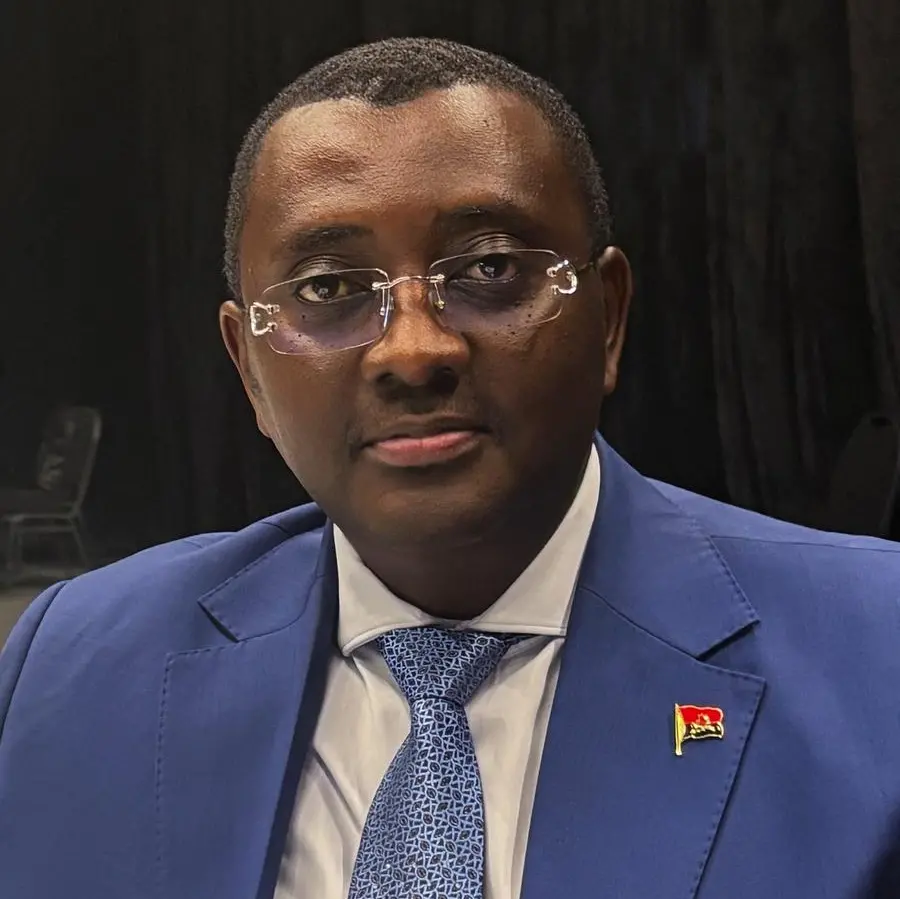PHOTO
Nigeria's President Bola Tinubu on Tuesday ordered a thorough investigation into a weekend military drone attack that killed at least 85 people, including women and children, in northern Kaduna.
Nigerian army chief Lieutenant General Taoreed Lagbaja visited Tundun Biri village and apologised for the air strike. At a Kaduna hospital where the injured were receiving treatment, he promised to take care of their bills.
The incident highlights a pattern of deadly aerial assaults by the Nigerian military, and is the latest in a series of attacks that have killed civilians, which was the subject of a special Reuters report in June.
Kaduna is 163 km (101 miles) from the capital Abuja and among northwestern and north central states grappling with kidnappings and killings by armed gangs, which security forces have been targeting using aerial strikes.
The National Emergency Management Agency put the official death toll at 85 with 66 injured. Witnesses said more had died.
Tinubu, who is attending the Cop28 Climate Summit in Dubai, called Sunday night's incident a "bombing mishap," which was "very unfortunate, disturbing, and painful," his spokesman Ajuri Ngelale said in a statement.
"The President directs a thorough and full-fledged investigation into the incident and calls for calm while the authorities look diligently into the mishap," said Ngelale.
'WRONGLY ANALYSED'
Army spokesman Brigadier General Onyema Nwachukwu said that troops carrying out aerial patrols observed a group of people and "wrongly analysed and misinterpreted their pattern of activities to be similar to that of the bandits" before the drone strike.
Lagbaja has ordered an investigation and the outcome would guide the army to deal with any identified lapses in human and artificial intelligence, said Nwachukwu.
Witnesses spoke of grief and shock after an annual Maulud Muslim celebration turned deadly. Villagers first heard a loud blast after 9:00 pm (2000 GMT), forcing them to scatter to safety.
When the villagers realised it was a bomb explosion, they started helping the injured and moving the dead. Then, another blast was heard some 30 minutes later, killing more people, the witnesses said.
Musa Shehu said he had lost two wives while his youngest daughter was injured and in hospital.
"Body parts, mostly children, were littered on building roofs and tree branches. We packed them in empty grain bags and deposited them alongside bodies of the dead that were not seriously mutilated," Shehu said by phone.
Shehu Bala, another survivor, said the villagers, who came from four villages, were seeking for answers.
"We counted 97 bodies, many of them are women and children. Some infants who survived were taken away from their dead nursing mothers. It's a terrible experience," Bala said.
(Additional reporting by Ahmed Kingimi in Maiduguri and Camillus Eboh in Abuja, Writing by MacDonald Dzirutwe, Editing by Sharon Singleton and Christina Fincher)
